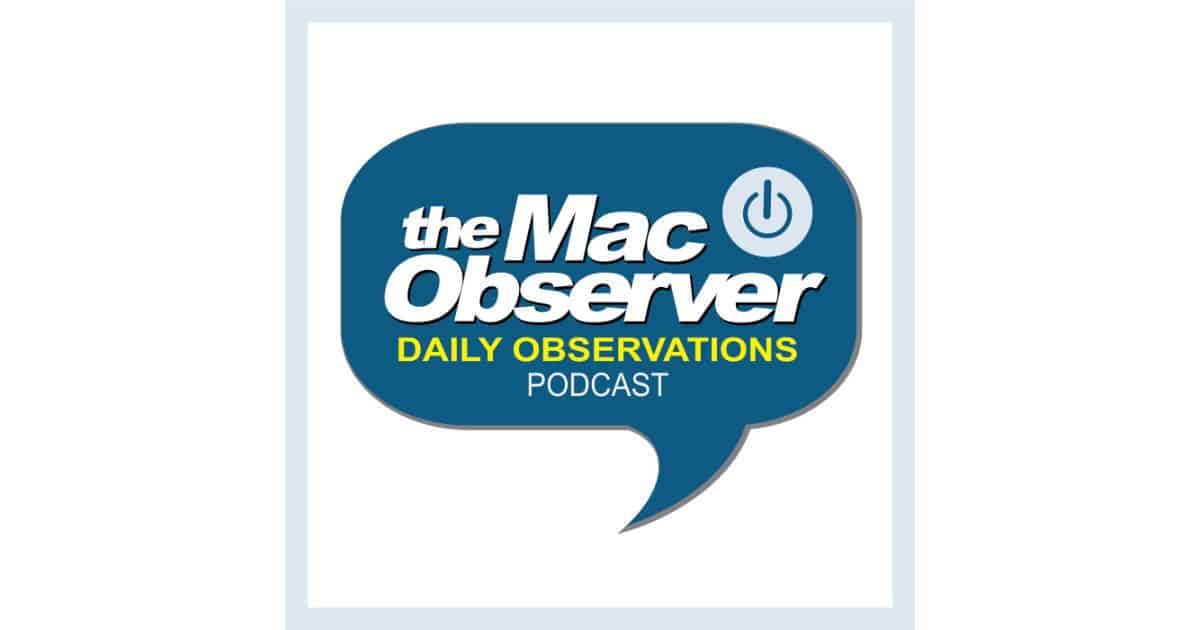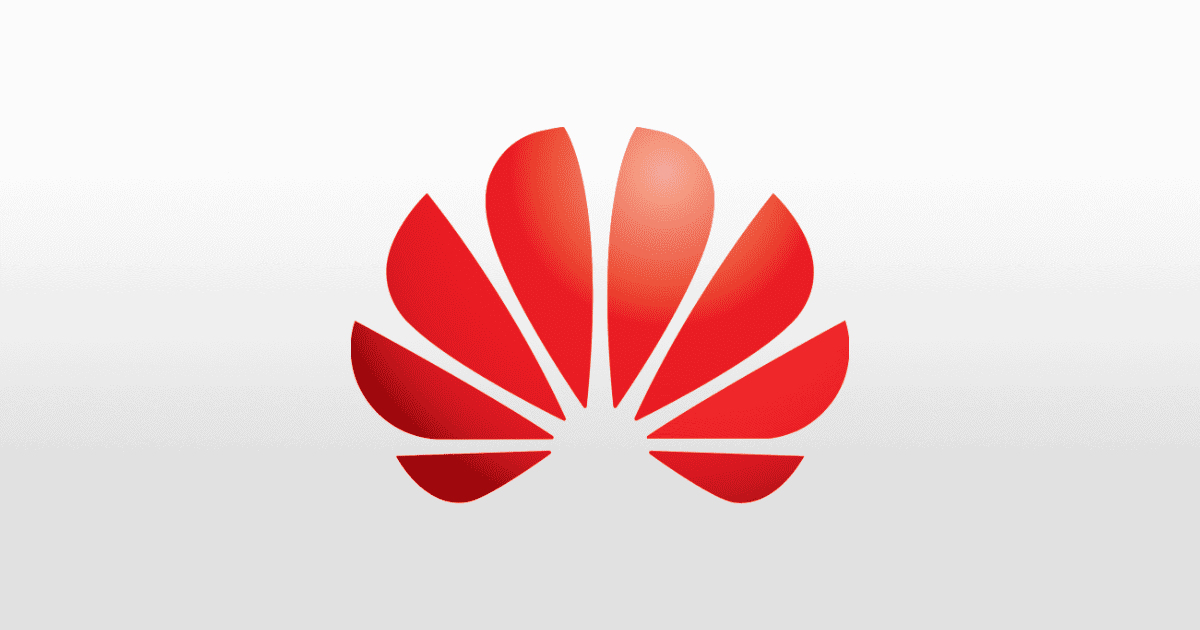Both the New York Times and Bloomberg say there are certain misgivings around Apple’s mixed reality headset inside Apple. TMO Managing Editor Jeff Butts joins Ken to talk over the latest chatter. Plus China, the Steve Jobs audio chatbot, and soccer pour out of the mailbag.
Bloomberg
A Cold Front in Apple HR - TMO Daily Observations 2023-03-15
In a familiar sounding story, Bloomberg says Apple has slowed hiring considerably and rescheduled bonuses in an attempt to control costs. TMO writer Nick deCourville joins Ken to discuss that. Plus – An email on Apple TV+ and the first installment of Nick’s Picks!
Apple, Bloomberg, and Blood Sugar - TMO Daily Observations 2023-02-23
Bloomberg has run a “secret sources” report saying Apple has hit a milestone on no-prick blood glucose monitoring. TMO Managing Editor Jeff Butts covers the tech in the story, while Ken asks questions about the story itself.
A.R. You Ready for a Show? - TMO Daily Observations 2023-02-16
News we don’t want to talk about and not news that we do. TMO Managing Editor Jeff Butts joins Ken to talk about not talking about politics, and avoiding such news while also delivering it. The not news is a rumor – but it’s about Apple’s anticipated mixed-reality headset, so – Jeff and Ken were powerless against discussing it.
The Foldable iPad Fight - TMO Daily Observations 2023-01-31
TF International analyst Ming-Chi Kuo says there will be a foldable iPad in 2024. Bloomberg’s Mark Gurman says there won’t. TMO Managing Editor Jeff Butts and Ken talk over the opposing sides. Plus a look at HomePod scarcity.
Apple's Great Big Augmented Year? - TMO Daily Observations 2023-01-09
Bloomberg’s Mark Gurman says Apple’s AR/VR headset push will mean placeholder upgrades for the rest of Apple’s hardware and operating systems. TMO Managing Editor Jeff Butts and Ken discuss his predictions. Plus – Mixpanel says iOS 16 adoption is at 70-percent. Is that slow? And if so, why?
Apple Car Talk with Roberto Baldwin - TMO Daily Observations 2022-12-14
Last week, Bloomberg’s Mark Gurman said that Apple has way scaled back its automotive plans. Apple watchers have wondered about Apple Car for years, but what does the automotive world make of Cupertino’s plans? Tech and automotive journalist Roberto Baldwin (@strngwys on Twitter) joins Ken to do a bit of Apple Car talk.
A Mixed Reality and Mailbag Monday - TMO Daily Observations 2022-12-05
Bloomberg and TF International have info on Apple’s mixed reality headset. TMO Managing Editor Jeff Butts joins Ken to discuss that. Plus the Sunbird messaging app, Eufy video storage, and Elon Musk are in for Mailbag Monday.
One Year Later: Bloomberg Hasn't Retracted its iCloud Spy Chip Story
This story doesn’t need me piling on, but I think it’s astounding that a media organization with integrity, gravitas, etc. etc. still hasn’t retracted its debunked theory one year later. And the journalists who wrote the story are now in charge of Bloomberg‘s cybersecurity division. If by some miracle we learn that there really are spy chips I will most certainly apologize. But with zero evidence, I think that probability is low.
There’s been a lot of smoke, but no firings. Quite the opposite. It’s been a year since Bloomberg Businessweek published an extensively debunked story claiming that companies including Apple and Amazon had been hacked. Yet since then, all of Bloomberg‘s few responses and actions have only doubled down on how this publication lacks credibility on the topic.
Vodafone Denies Huawei Italy ‘Backdoor’
A report from Bloomberg says software flaws found in Vodafone’s Huawei equipment back in 2011-2012 were backdoors. Vodafone, while admitting that the equipment did have security flaws, denies that Huawei could have used them as such.
The issues in Italy identified in the Bloomberg story were all resolved and date back to 2011 and 2012. The ‘backdoor’ that Bloomberg refers to is Telnet, which is a protocol that is commonly used by many vendors in the industry for performing diagnostic functions. It would not have been accessible from the internet. Bloomberg is incorrect in saying that this ‘could have given Huawei unauthorised access to the carrier’s fixed-line network in Italy’.
The BBC article is worth the read. Also keep in mind that this isn’t the first time Bloomberg has reported on alleged backdoors by a Chinese company. They provided no evidence the first time and so far have refused to issue a retraction.
Apple vs Bloomberg, Package Tracking Tips – TMO Daily Observations 2018-12-11
Today Kelly Guimont has Andrew Orr and Charlotte Henry on to talk about the latest in the Bloomberg v Apple story, and package tracking tips.
Super Micro Audit Finds No Evidence of Spy Chips
Software and design files for the motherboards were also examined, and no unauthorized components or signals were found.
Bloomberg Not Giving Up on Hardware Hack Story
Bloomberg‘s Ben Elgin has been asking companies for further comments.
What else at the iPad event, Apple vs Bloomberg – TMO Daily Observations 2018-10-22
Dave Hamilton and John Martellaro join Kelly Guimont to speculate on what else we’ll see at the iPad event (besides iPads), and Apple going toe-to-toe against Bloomberg.
Deconstructing Bloomberg's Spy Chip Report, 7 Years of Siri - TMO Daily Observations 2018-10-08
Bryan Chaffin and John Martellaro join Jeff Gamet to look at the responses to Bloomberg’s China spy chip report, and what could account for the strong denials from Apple and Amazon. They also look at the state of Siri on the voice assistant’s 7th anniversary.
Tim Cook's Bloomberg Interview, macOS Mojave and External Drives - TMO Daily Observations 2018-06-14
Bryan Chaffin and John Martellaro join Jeff Gamet to share their thoughts on Bloomberg’s Tim Cook interview, plus Jeff has a tip for installing macOS Mojave on an external drive.
A Leaked Apple Memo Warns Employees to Stop Leaking Information
It mentions potential legal action and criminal charges, making this a more aggressive move towards information control.
Steve Wozniak Talks Promising Moonshots (Video Interview)
Apple cofounder Steve Wozniak was interviewed on Bloomberg, where he was asked about promising moonshots. The interview took place from the floor of C2, a trade show in Montreal that “brings together Commerce and Creativity.” On Woz’s moonshot radar is artificial intelligence, especially with making them more like “a human friend,” game making, running companies, and autonomous vehicles. He cited Tesla, in particular, as the company most likely to have the next moonshot. He also talks about the value of companies building things for themselves, something Steve Jobs also believed in. It’s an interesting interview.




